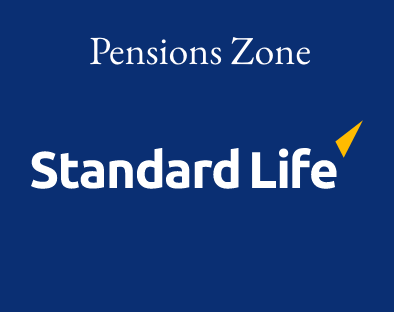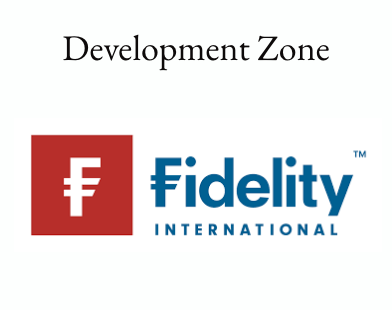Continuing her exclusive series of articles for Professional Paraplanner, Steph Willcox, head actuary at Dynamic Planner, looks at slightly older clients than in her earlier two articles; those building families, building careers or building their businesses.
Building Lives
As clients age it’s likely that the struggle of day-to-day budgeting is starting to ease, and periods of parental leave or short term drops in income should be a thing of the past. Your clients may even come to you with a surplus in their budget and ask for advice about where they should be saving, and what they should be saving for.
It’s likely that they will be thinking about overpaying on their mortgage or saving for their children in the form of school fees, university fees or simply putting money aside for children when they get older. It’s also likely that there will be protection concerns should the unthinkable happen.
What should you focus on?
This is the stage of life where education about financial matters are so important. Ensuring that clients continue to save their money in appropriate ways, and at appropriate levels, can set them up for life. Understanding exactly where their money is being spent and saved will help to build a true picture of the lifestyle they are leading and to help focus your clients on where investments can be made.
Ensuring that clients are invested in assets that match their attitude to risk is also vital at this stage, as well as ensuring that their capacity for loss does not cause restrictions on the investments they should make. Increasing their capacity for loss may involve coaching your clients to understand the nature of investment returns and the volatility and uncertainty you accept when investing in some assets, as well as providing reassurance that they can withstand losses in the short term so that they can take advantage of future gains. Clients are likely to be more knowledgeable or interested in their investments and may have a desire to invest in a more sustainable fashion through greener investments.
This is also the stage of life where you can start to show clients what their future selves look like with a bit more certainty. They might know how they want to spend their later years, or even start thinking about just how early they might be able to retire. Being able to demonstrate different scenarios in front of a client quickly will help them to understand what is possible and what is still a dream.
Running scenarios to show the effect of the death of the main earner, or a period of low income due to sickness can help to reassure clients that they have the right protection policies in place, or to demonstrate that they do not. Having this reassurance that their finances are on track even if the worst should happen can provide incredible value to clients and really help them commit to the advice process.
You may also want to demonstrate the competing goals of saving for retirement or paying off the mortgage. Which one is suitable will depend on your client’s attitude to risk and debt, as well as their own personal comfort levels of knowing they own their house outright, or the reassurance they find in seeing their pension fund grow.
What is less important
These clients are probably still a decade or two away from retirement so focusing too much on exactly what retirement will look like is not worth your time. Similarly, estate planning is too far away to be able to offer concrete recommendations that are future-proof.
In summary
Ensuring clients are matched to suitable solutions is vital, and keeping track of clients attitude to risk and capacity for loss is likely to dictate how their portfolio changes over this stage of their lives.
Education is still the name of the game while your clients have time until retirement. Spending time in front of your clients showing them the different choices they have available to them, and how these choices will affect their financial journey all help to reassure your client that you understand the struggles they have, and that you can help to focus on solutions that match your clients’ goals and desires.
Steph’s previous articles:
Cash flow clinic – with Dynamic Planner: Young families
Cash flow clinic – with Dynamic Planner: Early career clients
Dynamic Planner may have patents or pending patent applications, trademarks, copyrights or other intellectual property rights covering subject matter in this document. The furnishing of this document does not give you any license to these patents, trademarks, copyrights or other intellectual property rights except as expressly provided in any written license agreement from Dynamic Planner. All other companies and product names are trademarks or registered trademarks of theirrespective holders.
© Dynamic Planner Ltd 2024 onwards. All rights reserved.































